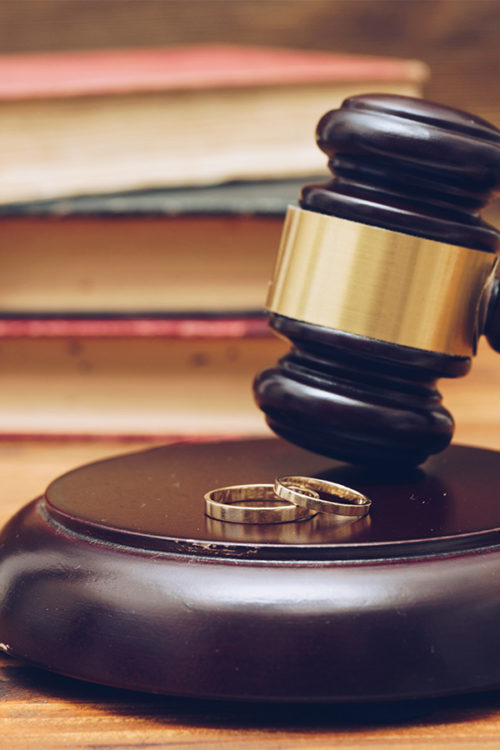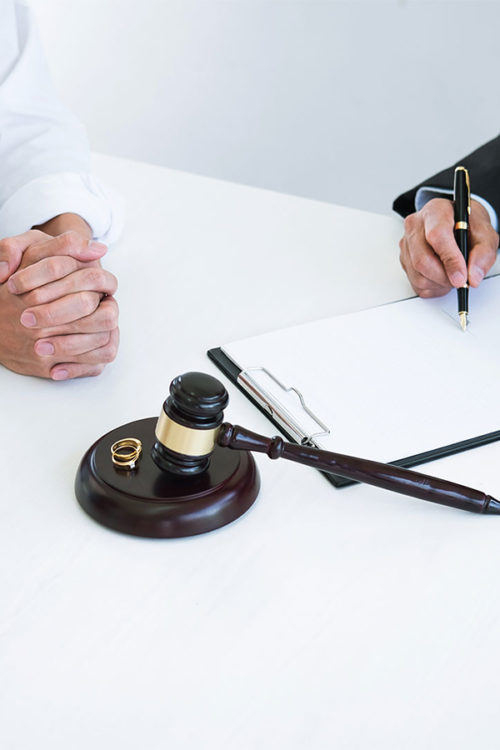Assisting with Equitable Distribution Cases in New York, NY
When two individuals get divorced, there needs to be a way to divide assets between them. Equitable distribution is one such method; essentially, it means that the court must divide the assets fairly between the individuals. It should be noted that this does not necessarily mean the assets will be divided equally; instead, a judge will examine several factors and determine what the fairest outcome would be.
Information Considered When Determining Equitable Distribution
Learn More Now
- What each spouse’s income was like when they filed for divorce.
- How long the individuals were married.
- The ages and health of the divorcing individuals.
- If the parent with custody will need to live in the house or use its amenities.
- If either individual will lose health insurance, inheritance rights, or their pension because of the divorce.
- If one of the divorcing individuals was awarded alimony.
- How much claim each individual has to the property.
- What each individual’s financial situation will likely look like in the future.
- If the property is connected to a business in some fashion.
- What tax consequences each spouse might face.
- If either spouse has been wasteful with marital assets.
- If either spouse has tried to sell, transfer, or otherwise get rid of marital property while planning for a divorce.
- Any other factor the court might deem important to consider.
Understand How Marital Property Works
Contact a Family Attorney
Most individuals enter a marriage already having some sort of property. This property is known as separate property and still belongs to you. Anything obtained during the marriage is known as marital property; collectively, this is the “marital estate.” Property can be excluded from the estate through a marital agreement; otherwise, all property is considered jointly owned, save for things such as inheritances, third-party gifts, or worker’s compensation.
If you need assistance with equitable distribution, consider contacting Michael Ian Black, Esq. He has the experience and knowledge to assist with your needs.
Our Practice Areas
Discuss the Details of Your Case
If you’re ready to speak to an experienced attorney about your situation, call us at (212) 297-9090 or fill out our contact form. Mr. Black’s direct cell number is always given to all clients.




